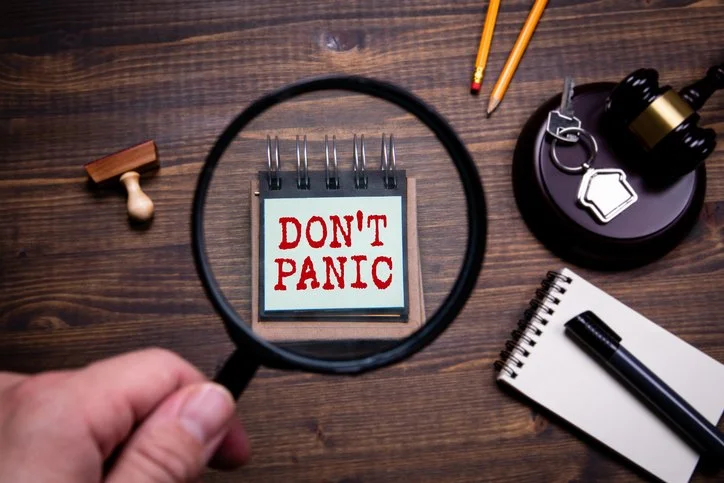COURTS MAY BE EXPANDING CONDOMINIUM ASSOCIATION LIABILITY RISKS
Condominium associations have an obligation to maintain common areas. Are they also liable for damage to owners’ units if a common area component fails? While the typical answer is no because the Owner is responsible for the Unit by virtue of the condominium documents, a Massachusetts Superior Court addressed the question recently, and its answer has potentially disturbing implications for condominium associations.
The case arose from a broken sewer pipe that leaked, causing significant damage in the plaintiff’s unit.
The association paid for the repair of the pipe but refused to pay for the damage to the Unit. The plaintiff (unit owner) sued the association, claiming that its failure to maintain the sewer line was both negligent and a breach of the association’s contractual obligation to maintain common areas. The court awarded summary judgment to the plaintiff on the breach of contract claim but ruled that the negligence question required a trial on the facts. The negligence decision is still pending, but the breach of contract decision can have significant impact.
The courts have generally ruled that in a case such as this, an association would only be liable for damages to a unit if it had been negligent – that is, if the Board knew or reasonably should have known about a problem and failed to respond to it. This follows a 1995 decision by a Massachusetts trial court (Samprakos v. Fithian) which also involved a backup from a sewer line. The court acknowledged that the trustees of an association “may be liable for what they do or fail to do [to maintain common areas] as well as for what others they hire for that purpose do or fail to do.” However, the court added significantly, “in either case, the standard is the same: Did they fail…to exercise that degree of care, vigilance and forethought which…the person of ordinary caution and prudence ought to exercise under the particular circumstances.” In other words, did the association know about the sewer line problem or should it reasonably have known about it? In this case, the court said “there is no basis to conclude the defendants breached a duty of care owed to the plaintiff.” Until the leak became apparent, the court concluded, the association ‘had no knowledge or notice of a defect or the need [to] repair the sewer line. To suggest otherwise is to make the defendants insurers of the common area of a condominium, which is contrary to the obligations they assume by statue and by contract.”
In the recent case, the association responded immediately to the plaintiff’s complaints about a leak and took steps to repair the broken pipe. There being no previous evidence of a leak, the association argued that it could not have known about the damaged underground pipe and so should not be liable for damage to the owner’s unit. But, the court ruled otherwise. The crux of its decision, and the cause for concern about it: the holding that condominium documents are a contract and the reasonableness standard used to determine whether an association has been negligent does not apply to the determination of whether the association has fulfilled its maintenance obligation.
Reasonableness Doesn’t Apply in Contract Claims
In the summary judgment decision, the Court concluded that a breach of contract claim asks only if the association fulfilled its obligation to maintain common areas. Since the condominium documents required the association to “maintain” common elements and not to “reasonably” maintain them, the Court determined that there was a breach of contract “because the sewer pipe, a common element, failed, which necessarily means it was not ‘maintained.’”
What can an Association do to Limit Liability?
This judicial reasoning is cause for concern, but not for panic. The decision is from a lower court and does not establish a binding precedent that associations must follow. However, we are seeing more cases where owners are seeking to hold the association accountable for matters that are beyond the control and knowledge of the governing board. That doesn’t mean boards should necessarily begin inspecting all the underground pipes in their communities – although periodic inspections in older communities might be a good idea. But it does mean that associations should explore strategies for reducing their liability risks.
The key to limiting liability is to amend the condominium documents to add language to modify the Association’s maintenance obligations and to include an explicit limitation on liability for damage and injuries resulting from an unknown defect or condition. Such amendments may serve to prevent claims from arising and to limit an association’s liability for such claims. Otherwise, the association can potentially be held as the guarantor of the perfect operation of the common elements. We know that this is not possible despite the best preventative maintenance practices. The trend in the case law is a wake-up call to Board members to implement strategic amendments to best serve the interests of the association.
For more information on the possible amendments for your association, please reach out to your MEEB attorney to discuss or email law@meeb.com.



